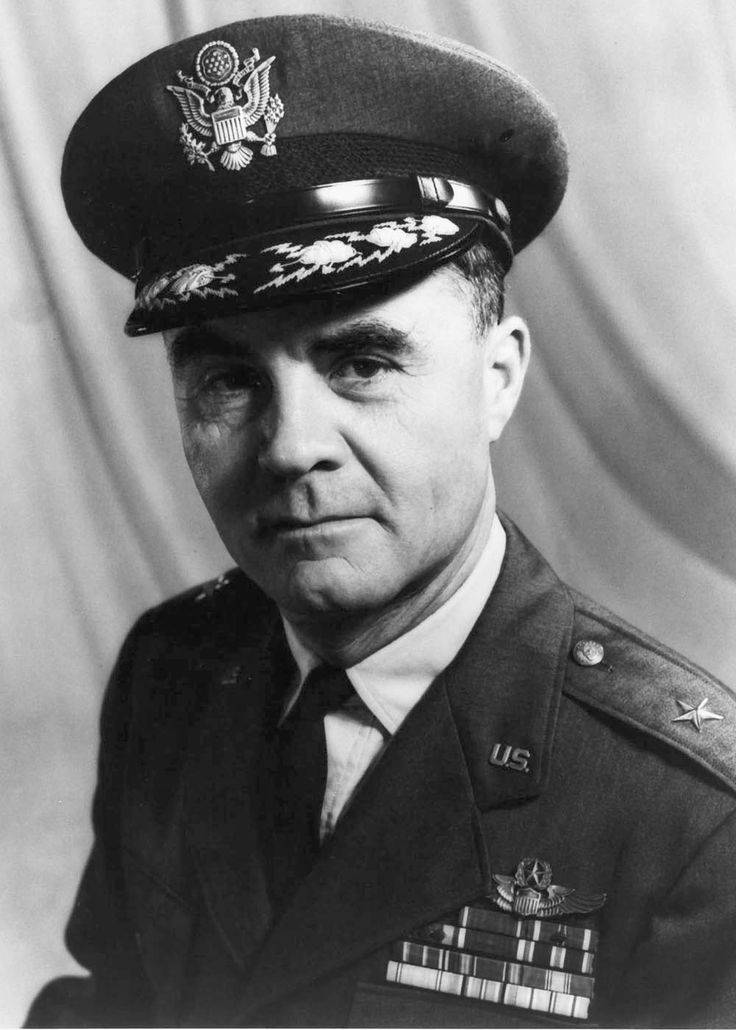Ever wonder what it feels like to carry the weight of history on your shoulders? Picture this: it’s August 1945, and you’re a 30-year-old pilot stepping into the cockpit of a B-29 bomber named after your mother. The mission? Drop the first atomic bomb on Hiroshima. That was Paul Tibbets’ reality. His life, a mix of courage, duty, and quiet reflection, pulls you in-not just because of that one flight, but because of the human behind it. What kind of person takes on a moment like that? Let’s dig into his story.
I’m a little awestruck, honestly, thinking about Tibbets. Not just the act itself, but the way he lived with it. Born in 1915 in Quincy, Illinois, he wasn’t some larger-than-life figure destined for fame. He was a kid who moved to Florida, got hooked on flying after a stunt pilot tossed him candy from the sky at a fair. Can you imagine? A piece of candy sparking a life that would change the world. By his teens, he was sneaking off to fly planes, defying his parents’ wishes. That’s the kind of stubborn passion that shaped him.
Tibbets’ career wasn’t just a straight shot to that fateful day. He flew dangerous missions in Europe during World War II, escorting generals, dodging enemy fire. He earned respect-not through bravado, but through skill. And yet, when chosen to lead the 509th Composite Group for the atomic bomb mission, he didn’t flinch. Or did he? I wonder if, in those quiet moments before takeoff, he felt the weight of what was coming. He named the plane Enola Gay after his mom-a touch of warmth in a mission so cold. That detail gets me. It’s so… human.
The mission itself? August 6, 1945. The Enola Gay took off from Tinian Island. Tibbets, steady at the controls, dropped “Little Boy†over Hiroshima. The explosion killed tens of thousands. He didn’t celebrate. He didn’t crumble either. He just flew back, debriefed, and carried on. Later, he said he slept fine, that he saw it as his duty. But I can’t help pausing here. Duty or not, how do you carry that? How do you live with being the guy who pressed the button?
After the war, Tibbets didn’t seek the spotlight. He stayed in the Air Force, retired as a brigadier general, and lived quietly in Ohio. He didn’t apologize for Hiroshima, but he didn’t boast either. Once, at an airshow, he reenacted the bombing with a mushroom cloud effect-controversial, sure, but it felt more like him trying to process his place in history than glorifying it. He’d say things like, “I did my job.†Simple. Direct. But you know? I bet there were nights when he stared at the ceiling, replaying it all.
Real-world echoes of Tibbets’ story are everywhere. Think of astronauts like Neil Armstrong, who also carried humanity’s hopes and fears into the unknown. Or doctors making life-and-death calls in ERs. Ordinary people, thrust into extraordinary moments. Tibbets wasn’t a philosopher or a politician. He was a pilot. Yet his life forces us to wrestle with big questions-about war, morality, and what it means to follow orders.
So, what’s the takeaway from Paul Tibbets? I’m not sure I have a neat answer. His life wasn’t a movie script with clear heroes and villains. It was messy, real, and full of contradictions. Maybe that’s the point. He was a man who flew into history, did what was asked, and lived with the consequences. I’m left wondering: could any of us have done the same? And if we did, would we ever be the same after?



